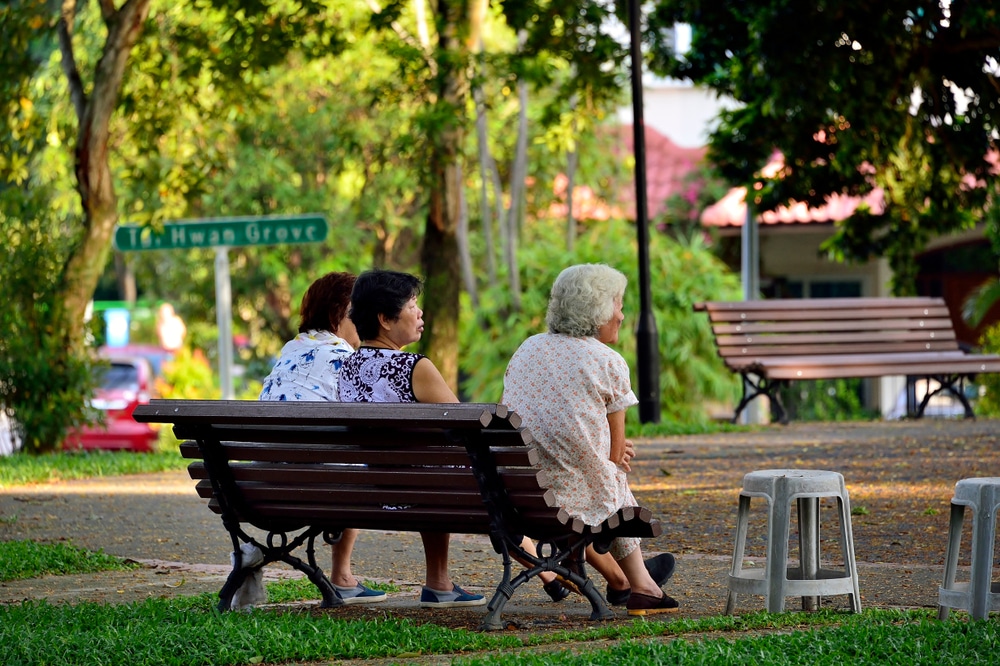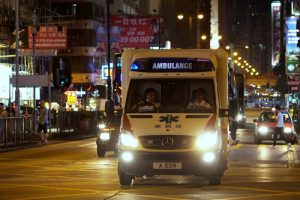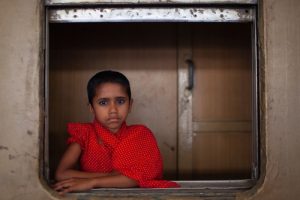We look at the top 5 most popular medical news stories across Southeast Asia this week!
#1 – Selfless Surgeons Continue Operation Despite Earthquake
In Xinjiang Uygur autonomous region, medical staff heroically completed a critical brain surgery amidst a 7.1-magnitude earthquake. On the night of January 22, a 47-year-old car accident victim required urgent craniotomy to remove a hematoma. As the operation neared completion around 3 am on January 23, the earthquake struck, shaking the hospital. Despite the danger, the surgical team, led by Dr. An Shufang, persisted, stabilising equipment and focusing on saving the patient’s life. Their dedication ensured the surgery’s success and the patient’s recovery, earning widespread admiration online for their courage and commitment.
#2 – Indonesia’s National Insurance to Cover 95% of Population
Indonesia’s President Joko Widodo reassured that Indonesians are free from hospital bills due to the national health insurance, BPJS Kesehatan, covering 95% of the populace, about 267 million people. The state budget covers costs for 96 million citizens. During a Central Java visit, Widodo highlighted Indonesia’s unique healthcare access, urging improvements in service and infrastructure at health facilities. He acknowledged space challenges in hospitals but stressed the importance of public health and the effectiveness of BPJS Kesehatan and the Healthy Indonesia Card.
#3 – Enhanced Subsidises for Singaporeans Enrolled in Healthier SG
Starting February 1, Singaporeans enrolled in Healthier SG with chronic medical conditions can access enhanced subsidies for common drugs at general practitioner (GP) clinics, making prices comparable to those at polyclinics. This initiative is aimed at Community Health Assist Scheme (Chas), Pioneer Generation (PG), and Merdeka Generation (MG) cardholders. It aims to address the cost barrier for medications at GP clinics. The Healthier SG Chronic Tier allows for means-tested subsidies up to 87.5% for selected chronic medications without a dollar cap. There is an additional $360 a year for other care aspects like consultations and lab tests. Over 1,000 Healthier SG GP clinics are prepared to offer these enhanced subsidies. Meanwhile, the remaining clinics are expected to follow suit soon. Additionally, enrolled residents can fully cover their treatment costs using their MediSave savings, eliminating the need for cash co-payments.
#4 – Thailand and Laos Cooperate for Patients With Heart Conditions
Under a medical cooperation scheme between Thailand and Laos, young Laotian patients with heart conditions are receiving life-saving surgeries in Thailand due to limited surgical resources in Laos. The collaboration involves the Thai Red Cross Society, Chulalongkorn Hospital, the Pediatric Cardiac Surgery Foundation, Laos’ Public Health Ministry, and partner hospitals. The first successful surgery under this initiative was performed at Nong Khai Hospital in Thailand. The patient has subsequently returned to Laos. A second baby requiring more complex treatment was transferred to Chulalongkorn Hospital in Bangkok. Nong Khai Hospital, situated near the Laos border, is responsible for screening patients under the scheme and providing treatment or referrals to better-equipped hospitals in Thailand. It aims to complete all pending surgeries within the year.
#5 – Houseman Shortage in Malaysia Leads to Questions
The Malaysian Medical Association (MMA) is urging the Ministry of Health (MoH) to address the issue of housemen shortages in healthcare facilities across Malaysia. Subsequently, it impacts the delivery of public healthcare services. Reports have emerged of a significant shortfall of housemen, leading to the possibility of the Universiti Malaya Medical Centre (UMMC) implementing a ‘Zero HO Protocol.’ The MMA is puzzled by the shortage. This is because of the supply of 3,000 to 5,000 medical graduates each year. They questioned the integration into the healthcare system, resignations, and preferences for placements. The association highlights concerns about the eHO portal for placements and its technical issues. The MMA emphasises the need for clarification from the MoH to ease the concerns of healthcare professionals and the public. The shortage could lead to increased workloads for medical officers, potentially causing burnout and resignations.














